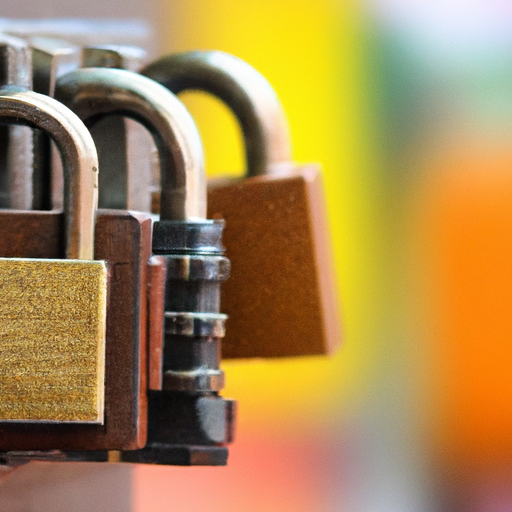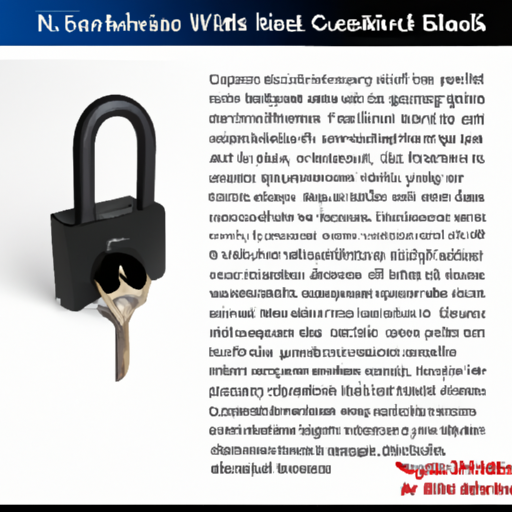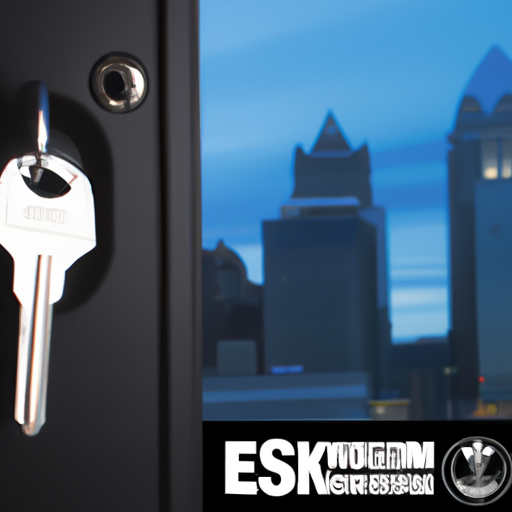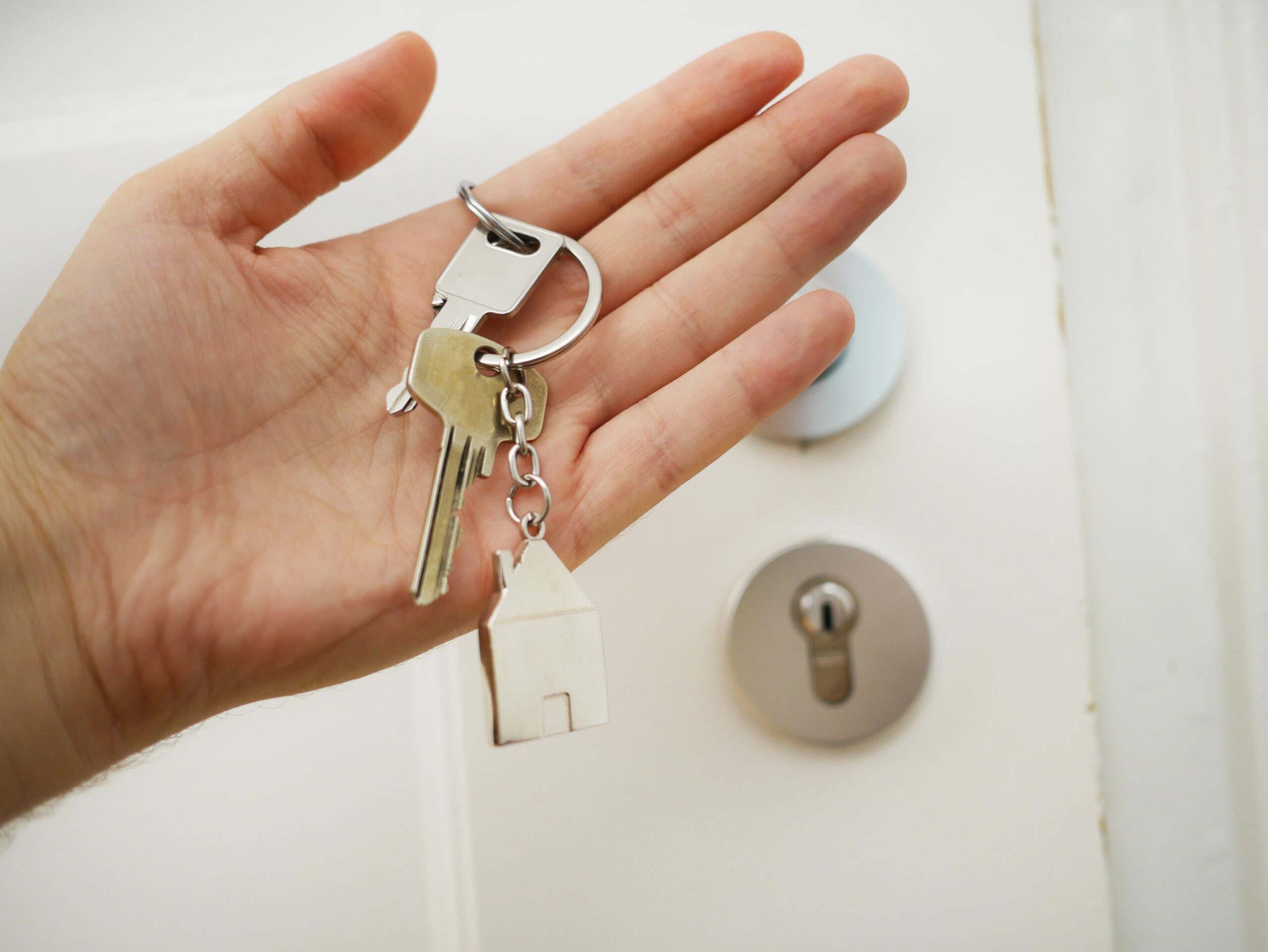
In this article, you’ll learn how to rekey a lock in Charleston. We’ll guide you through the step-by-step process so that you can easily and effectively change the key that operates your lock. Whether you’ve moved into a new home, misplaced a key, or simply want to enhance your security, rekeying a lock can be a cost-effective and practical solution. By the end of this article, you’ll have the knowledge and confidence to rekey your own lock in Charleston.
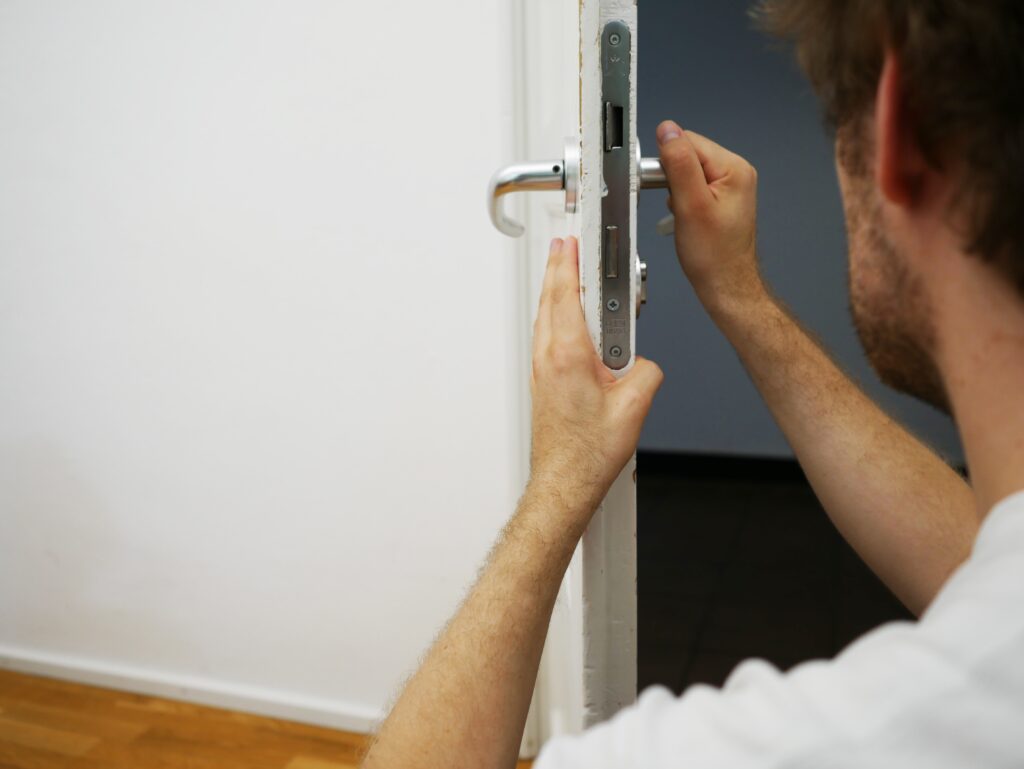
Understanding Lock Rekeying
What is Lock Rekeying
Lock rekeying is the process of changing the internal components of a lock cylinder so that it can no longer be operated by the old keys. This involves replacing the pins and springs inside the lock cylinder with new ones that correspond to a different key combination. By rekeying a lock, you essentially create a new set of keys that can operate the lock while rendering the old keys useless.
Importance of Lock Rekeying
Lock rekeying is an important security measure that should not be overlooked. Whether you have just moved into a new house in Charleston, recently terminated an employee who had access to your office, or experienced a break-in, rekeying your locks is crucial for maintaining the safety and security of your property. By rekeying your locks, you prevent unauthorized access and ensure that only those with the new set of keys can enter.
When to Consider Lock Rekeying
There are several situations in which you should consider rekeying your locks:
-
Moving into a new property: When you move into a new house or apartment, it is impossible to know who may have copies of the keys. Rekeying the locks will give you peace of mind knowing that you are the only one with access.
-
Lost or stolen keys: If you lose your keys or suspect that they have been stolen, rekeying is essential to prevent anyone from gaining entry to your property.
-
Employee turnover: If an employee who had access to your business premises leaves or is terminated, rekeying the locks is necessary to ensure that they no longer have access.
-
Break-ins or attempted break-ins: If your property has been broken into or an attempted break-in has occurred, it is crucial to rekey your locks to prevent further unauthorized access.
Preparing for Lock Rekeying
Gather Necessary Tools and Supplies
Before you begin the lock rekeying process, gather the following tools and supplies:
-
Rekeying kit: This kit typically includes a variety of pins, springs, and a special tool for removing and installing the lock cylinder.
-
Screwdriver: Depending on the type of lock, you may need a flathead or Phillips screwdriver to remove the lock from the door.
-
Pliers: Pliers can be useful for removing and reinstalling retaining clips or springs during the rekeying process.
-
Replacement keys: Have a set of replacement keys ready for the newly rekeyed lock.
Ensure Safety Precautions
When rekeying a lock, it is important to take certain safety precautions:
-
Always work in a well-lit area: Ensure that you have sufficient lighting to see the lock components clearly and avoid any accidents.
-
Keep children and pets away: Lock rekeying involves small parts and tools that can be hazardous if swallowed or played with. Keep children and pets away from your work area to prevent any accidents.
Identify the Type of Lock
Before proceeding with the lock rekeying process, you must identify the type of lock you have. Different types of locks, such as pin and tumbler locks or wafer locks, require different rekeying techniques. It is essential to understand the specific requirements of your lock and consult the manufacturer’s instructions or a professional locksmith if needed.
Step-by-step Guide to Rekeying a Lock
Remove the Lock from the Door
To begin the lock rekeying process, you need to remove the lock from the door. Follow these steps:
-
Unscrew the screws on the faceplate of the lock using a screwdriver.
-
Gently pull the lock out of the door, being careful not to damage the surrounding area.
Disassemble the Lock Cylinder
Once the lock is removed from the door, you can disassemble the lock cylinder. Here’s how:
-
Locate the retaining clip or spring on the lock cylinder.
-
Use pliers to carefully remove the retaining clip or spring.
-
Slide the cylinder plug out of the lock housing.
Remove and Replace the Wafer Tumblers
If you have a wafer lock, follow these steps to remove and replace the wafer tumblers:
-
Dump out the existing wafer tumblers from the lock cylinder.
-
Replace the old wafer tumblers with the new ones from the rekeying kit. Make sure they are inserted in the correct order and orientation.
Reassemble the Lock Cylinder
Once the wafer tumblers are replaced, you can reassemble the lock cylinder:
-
Insert the cylinder plug back into the lock housing.
-
Secure the cylinder plug with the retaining clip or spring.
Test the New Key
Before reinstalling the lock onto the door, it is crucial to test the new key:
-
Insert the new key into the lock and ensure that it turns smoothly and operates the lock without any issues.
-
Test the new key multiple times to verify its functionality.
Reinstall the Lock onto the Door
After testing the new key, you can reinstall the lock onto the door:
-
Align the lock with the door’s holes and insert it back into place.
-
Secure the lock with the screws provided and tighten them using a screwdriver.
Common Challenges and Troubleshooting
Difficulty in Removing the Lock
If you encounter difficulty in removing the lock from the door, try applying some lubricant, such as WD-40, to loosen any stuck parts. If the problem persists, consider seeking professional assistance from a locksmith.
Problems with the Lock Cylinder
If you experience problems with the lock cylinder, such as it not turning smoothly or getting stuck, disassemble the lock again and double-check the alignment of the wafer tumblers. Make sure they are inserted correctly and that there are no obstructions causing the issue. If the problem persists, consult a professional locksmith.
Key Not Turning Smoothly
If the key does not turn smoothly after reassembling the lock cylinder, remove the lock again and check for any misaligned pins or springs. Make sure all components are properly aligned and not binding. If the issue persists, consider seeking professional assistance.
Misalignment Issues
If you notice misalignment between the lock and the door, check if any screws are loose or if the door frame is warped. Tighten any loose screws and make necessary adjustments to ensure proper alignment.
Seeking Professional Assistance
If you are unsure about rekeying a lock or encounter any difficulties during the process, it is recommended to seek professional assistance from a locksmith in Charleston. They have the expertise and tools necessary to ensure a successful rekeying and can provide guidance if any issues arise.
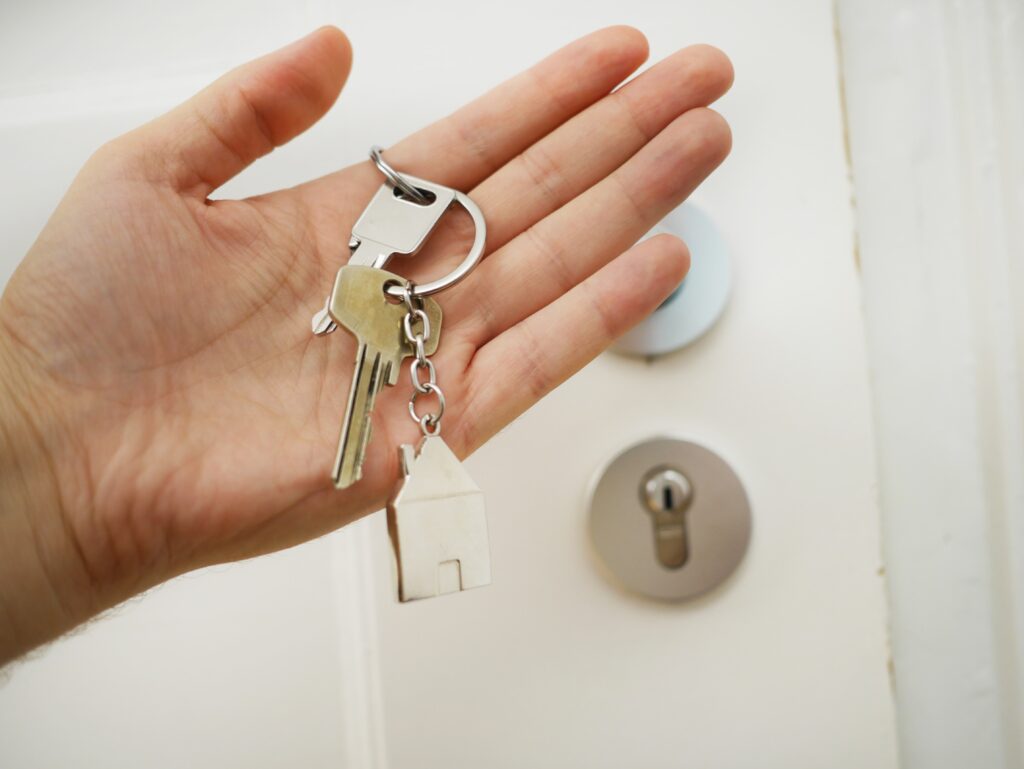
Additional Tips for Lock Rekeying
Properly Lubricate the Lock
After rekeying a lock, it is essential to lubricate the lock cylinder with an appropriate lock lubricant. This will ensure smooth operation and prolong the lifespan of the lock.
Keep Spare Keys
Always keep spare keys for your rekeyed locks in case you misplace or lose your primary set of keys. Store them in a secure location, such as a lockbox or with a trusted neighbor.
Maintaining Regular Cleaning
To prevent debris and dirt from interfering with the lock’s operation, regularly clean the lock and remove any buildup. This will help maintain the lock’s functionality and extend its lifespan.
Upgrading Security Measures
Consider upgrading your security measures by installing additional security features, such as deadbolts or smart locks, in conjunction with the rekeying process. This will further enhance the safety and security of your property in Charleston.
Safety Precautions
Wearing Protective Gear
When working with locks and small tools, it is recommended to wear protective gear, such as gloves and safety glasses. This will protect your hands and eyes from any potential injuries.
Working in a Well-lit Area
Ensure that you have sufficient lighting when rekeying a lock to see the lock components clearly and avoid any accidents or mistakes.
Keeping Children and Pets Away
Lock rekeying involves small parts and tools that can be hazardous if swallowed or played with. Keep children and pets away from your work area to prevent any accidents or injuries.
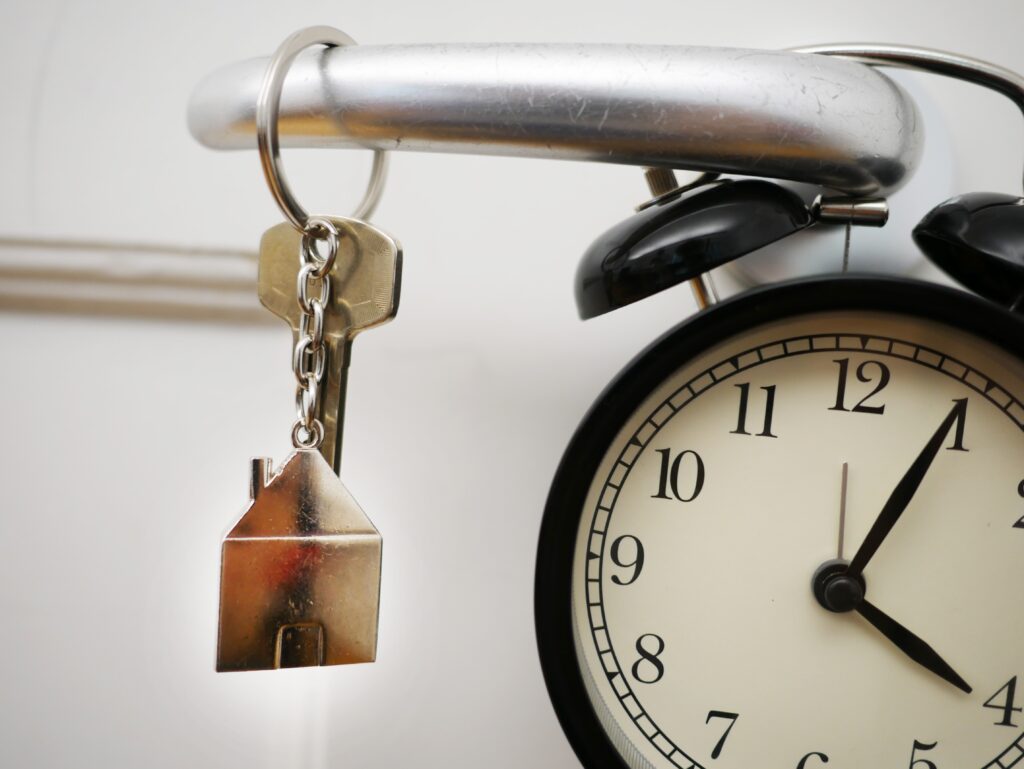
Benefits of Lock Rekeying
Enhanced Security
Rekeying your locks provides enhanced security by rendering old keys useless. This ensures that only those with the newly rekeyed keys can access your property, preventing unauthorized entry by previous keyholders.
Cost-effectiveness
Compared to completely replacing locks, lock rekeying is a cost-effective solution. Rekeying requires fewer supplies and labor, making it a more affordable option for securing your property.
Convenience
Lock rekeying is a convenient way to maintain security when you need to change access control. By rekeying, you can quickly update the locks without the need to replace the entire lock system.
Comparing Lock Rekeying and Lock Replacement
Lock Rekeying vs. Lock Replacement
Lock rekeying involves changing the internal components of a lock cylinder, while lock replacement involves removing the entire lock and installing a new one. Rekeying is a more cost-effective and convenient option when you want to change the keys for a lock without replacing the entire lock system.
When to Choose Lock Rekeying
Choose lock rekeying when:
- You want to maintain the same lock system but change the keys.
- The lock is in good condition and doesn’t require replacement.
- Rekeying is a more cost-effective option than lock replacement.
When to Choose Lock Replacement
Choose lock replacement when:
- The lock is damaged or malfunctioning.
- You want to upgrade to a more secure lock system.
- Rekeying is not feasible due to extensive damage or wear.

Finding Professional Locksmith Services in Charleston
Local Locksmith Directory
To find professional locksmith services in Charleston, you can consult your local locksmith directory. Look for reputable locksmiths who specialize in lock rekeying and have positive customer reviews.
Reading Reviews and Testimonials
Before hiring a locksmith, read reviews and testimonials from previous customers. This will give you an idea of their reputation, quality of service, and reliability.
Comparing Pricing and Services
Request quotes from different locksmiths in Charleston and compare their pricing and services. Consider factors such as their expertise, availability, and warranties offered.
Conclusion
Summarizing the Importance of Lock Rekeying Rekeying your locks in Charleston is an essential security measure that ensures the safety and protection of your property. By changing the key combination, you prevent unauthorized access and maintain control over who can enter your premises. Whether you have moved into a new property, lost your keys, or experienced security concerns, rekeying your locks is a cost-effective and convenient solution to enhance your security.
Final Thoughts on Rekeying Locks in Charleston Rekeying locks may seem like a daunting task, but with the right tools, knowledge, and precautions, you can confidently rekey your locks in Charleston. Remember to gather the necessary tools, follow the step-by-step guide, and consider seeking professional assistance if needed. By taking the time to rekey your locks, you not only enhance security but also gain peace of mind knowing that you have full control over access to your property.
